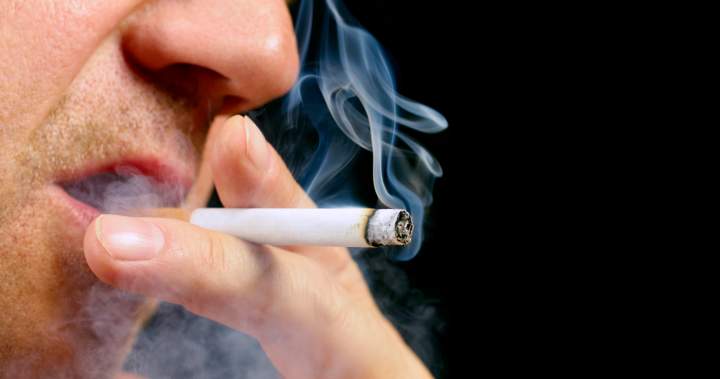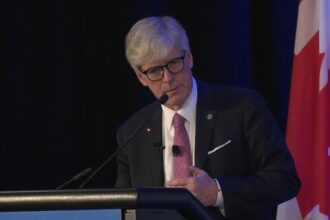In a landmark financial development, British Columbia has begun receiving its portion of Canada’s largest-ever legal settlement, with the first installment of $3.6 billion arriving from major tobacco companies. This payment marks the initial phase of a hard-fought $38.4-billion settlement that saw provincial governments unite against tobacco giants after decades of litigation over smoking-related healthcare costs.
The settlement, finalized in January after years of complex negotiations, represents a watershed moment in Canada’s fight against tobacco industry practices. B.C. Attorney General Niki Sharma confirmed the province received its first payment last week, emphasizing the significance of holding tobacco companies financially accountable for their products’ public health impact.
“This first payment of $3.6 billion is just the beginning of a long-overdue reckoning,” Sharma stated during a press conference in Victoria. “For decades, British Columbians have shouldered the healthcare burden created by tobacco products, and now these companies are finally paying their share.”
The funds come as the culmination of legal proceedings initiated in the late 1990s, when B.C. became the first Canadian province to pursue legislation enabling lawsuits against tobacco manufacturers. Other provinces eventually followed suit, resulting in the coordinated nationwide settlement announced earlier this year.
Health Minister Adrian Dix highlighted the settlement’s purpose is not merely punitive but designed to offset the estimated $1.5 billion B.C. spends annually on smoking-related healthcare. “This represents partial compensation for the tremendous costs our healthcare system has absorbed treating preventable conditions caused by tobacco products,” Dix explained.
The settlement includes payments from three major tobacco companies: Imperial Tobacco Canada, Rothmans, Benson & Hedges, and JTI-Macdonald. These corporations will continue making payments to provinces and territories over the next 25 years, creating a sustained revenue stream for public health initiatives and healthcare funding.
Public health advocates have praised the settlement while emphasizing that financial compensation alone cannot undo decades of harm. Dr. Eleanor Marshall, respiratory specialist at Vancouver General Hospital, noted, “While these billions certainly help our healthcare system, we must remember that no amount of money can fully compensate for lives lost to tobacco-related illness.”
The B.C. government has indicated the funds will primarily support healthcare services, with specific allocations yet to be announced. Health policy experts suggest investments in smoking cessation programs, preventative health measures, and treatment facilities would maximize the settlement’s public benefit.
This settlement arrives as smoking rates continue their gradual decline across Canada, though approximately 4.7 million Canadians still use tobacco products regularly. Youth vaping has emerged as a new public health challenge, prompting questions about whether similar litigation might eventually target e-cigarette manufacturers.
The tobacco settlement represents a significant victory in governmental efforts to recoup healthcare costs from industries whose products create public health burdens. As subsequent payments arrive over the coming decades, they will provide a substantial financial resource for provincial healthcare systems across Canada.
As British Columbia begins allocating these unprecedented funds, the fundamental question remains: beyond financial compensation, how can we ensure this settlement truly transforms our approach to tobacco control and ultimately reduces the human cost of smoking-related illness?










